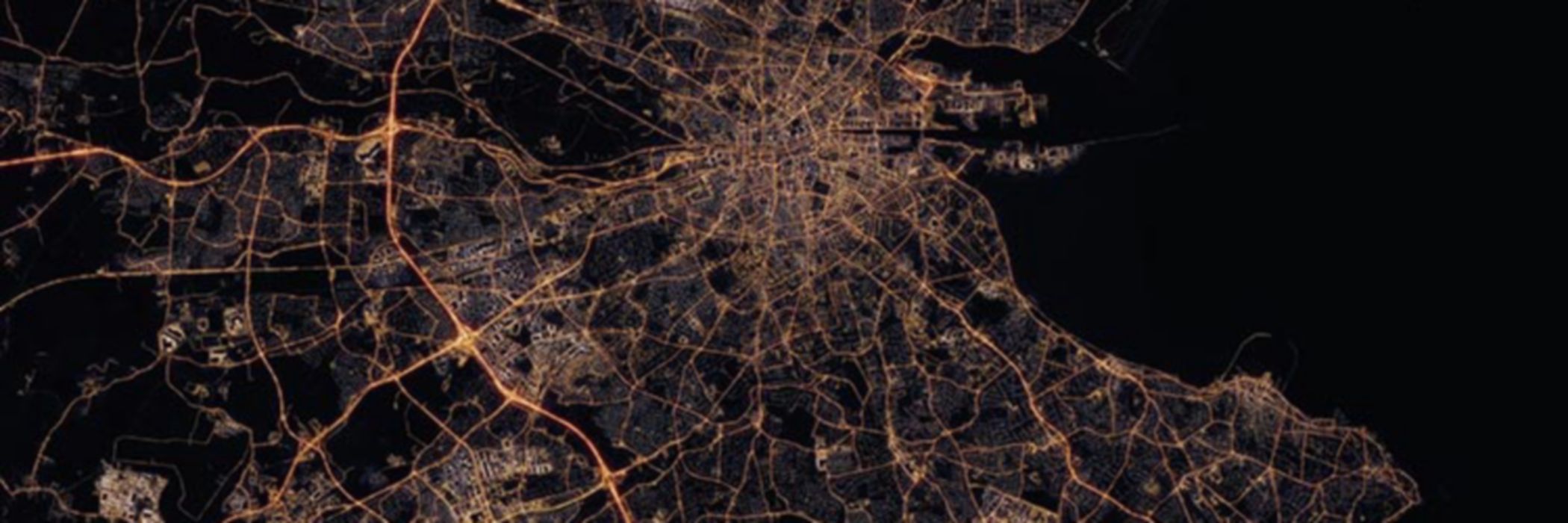Virtual reality technology is shaping the future of the tourism industry. Immersive technologies create competitive advantage for service providers and augment their customers’ experience. KPMG’s James Chilton explores the potential impact VR can have on the future of tourism and heritage In Ireland.
Virtual reality has an important role to play in augmenting Ireland’s tourism industry. National government, service providers and local authorities need to work together to ensure the industry achieves these potential benefits. Notable benefits of incorporating VR within tourism include improved marketing, enhanced accessibility and greater flexibility for consumers to interact and learn about tourism and heritage at their convenience.
A growing body of research exploring the use of VR in the tourism industry has emerged in recent years. Some studies have focused on the potential benefits of VR for tourism, such as attracting and retaining visitor attending at exhibitions, enhancing the immersive quality of the experience and providing a platform for enhanced marketing. Our report explores a number of case studies around the world to illustrate the impact VR can have.
Get in touch
If you have any queries on the potential of VR, or to find out more about our KPMG Future Analytics team and how we can help you focus on what’s next for your business or organisation, please get in touch with James Chilton.
James Chilton
Associate Director
KPMG in Ireland


